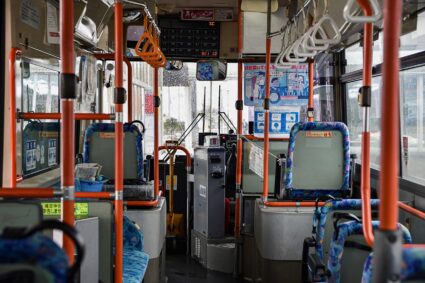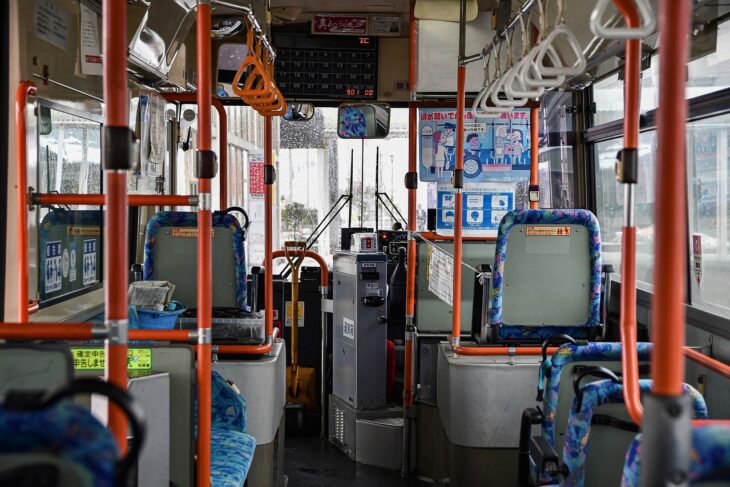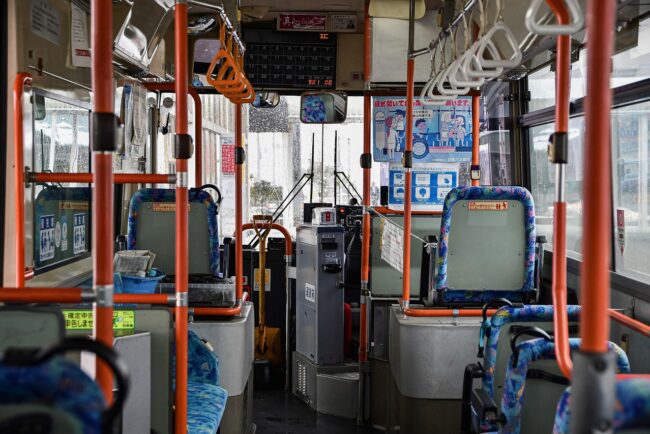
SASSA has to come up with new way of dealing with fraud when it comes to SRD grant for a safety purposes.
The South African Social Security Agency (SASSA) has recently rolled out a new biometric identification system aimed at enhancing the security and integrity of the R370 Social Relief of Distress (SRD) grant. This initiative utilizes biological characteristics, such as fingerprints and facial recognition, to verify the identities of beneficiaries, thereby curbing fraudulent activities associated with the grant.
The biometric system specifically targets SRD grant beneficiaries who wish to change their banking details or phone numbers. According to SASSA spokesperson Paseka Letsatsi, the agency noticed a spike in fraudulent activities as more beneficiaries altered their personal details within the system. “We’ve been giving clients the leeway to change their details when they want to, but fraudsters have identified the loophole to defraud the beneficiaries. Hence we arrived at this conclusion,” Letsatsi explained. He emphasized the necessity of the new system to ensure that legitimate beneficiaries receive their due payments and to prevent funds from being siphoned off by fraudsters.
The SRD grant provides essential financial support to South African citizens, refugees, asylum seekers, and special permit holders between the ages of 18 and 60 who lack other financial means. The implementation of the biometric system requires beneficiaries to have access to a smartphone or computer and a stable internet connection, similar to the initial SRD application process. Letsatsi acknowledged that this might pose a challenge for some individuals but underscored its importance in safeguarding the grant system.
“Whether we do this or not, we are in trouble. If we suspend what we are doing, it means the fraudsters will continue doing what they are doing,” Letsatsi stated. He also advised beneficiaries who lose their cellphones to perform a SIM swap to retain their existing phone numbers, ensuring continued access to the system.
SASSA is taking proactive steps to educate grant beneficiaries about the new biometric verification process. The agency has initiated direct communication efforts to reach those affected and plans to expand these efforts through community engagement. “We went through direct communication to ensure those affected were able to communicate with us. However, we understand we need to roll it out and reach as many people as possible. We want to go to schools, churches, engage with councillors, which we are doing. We also want to have community imbizos so we can explain. With the communities we can come up with a solution to this problem,” Letsatsi elaborated.
Failure to complete the biometric identification verification could result in the suspension of the grant for non-compliant beneficiaries. Nevertheless, SASSA assures its clients that the agency is committed to their safety and that the new verification process will not affect other beneficiaries not required to change their details.
In summary, SASSA’s introduction of a biometric identification system marks a significant step towards securing the SRD grant distribution process. By leveraging advanced technology to verify identities, SASSA aims to protect vulnerable beneficiaries and ensure that financial aid reaches those who truly need it, free from the threat of fraud.




















